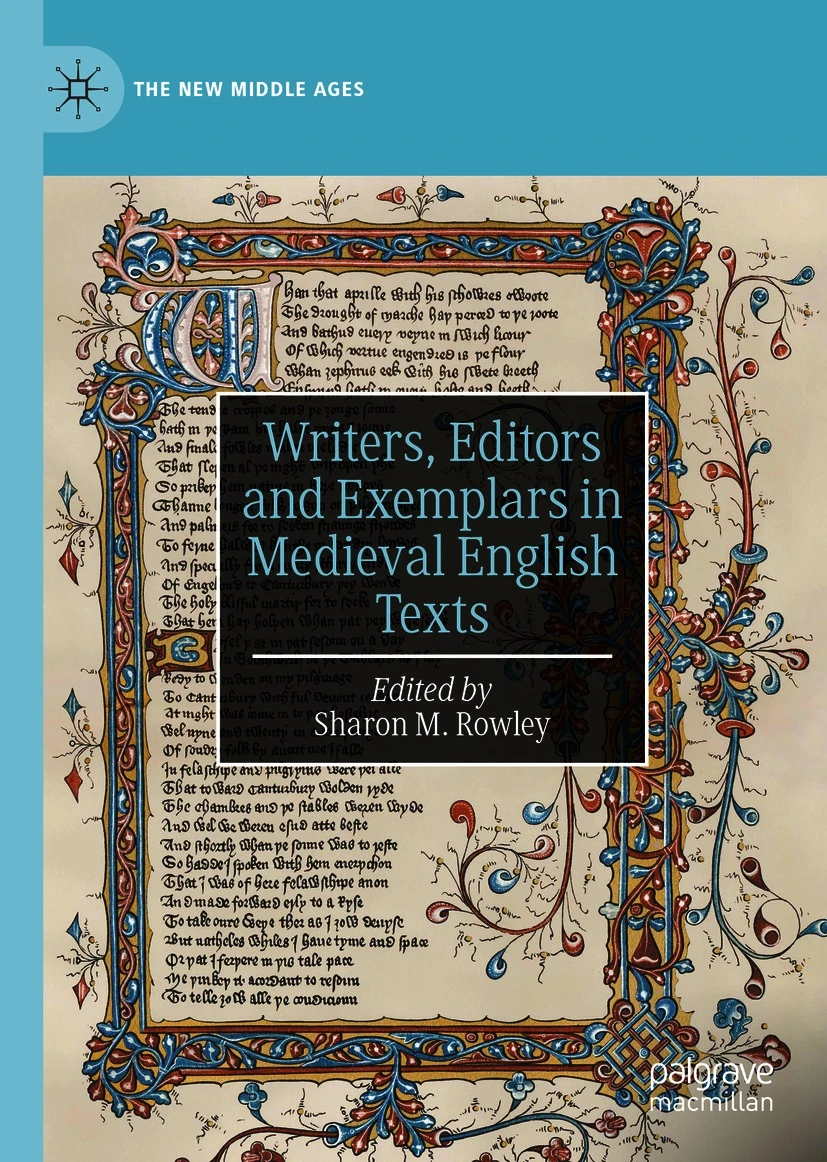The Hidden History of Coined Words
 How are words coined? That provides the focus of The Hidden History of Coined Words. Based on extensive research, its author, Ralph Keyes, has determined that successful neologisms are as likely to be created by chance as by intention. A remarkable number were coined whimsically, to taunt, even to prank. Miscegenation resulted from a hoax, suffragette to disparage radical suffragists. Wisecracking produced scientist, and crowdsource. More than a few neologisms resulted from happy accidents such as typos, mistranslations, and misheard words (like bigly, and buttonhole). Isaac Asimov introduced robotics in a story without realizing it was his own coinage. Many of the word coiners Keyes writes about come from unlikely quarters. Neologizers (a Thomas Jefferson coinage) include not just learned scholars and literary lions but cartoonists, columnists, children’s authors. Wimp originated in an early 20th century children’s book series called The Wymps, goop from a series about The Goops. Nerd first appeared in Dr. Seuss’s 1950 book If I Ran the Zoo. South African General Jan Smuts, an architect of what became apartheid, coined the word holism in 1926. Competing claims to have coined terms such as gonzo, affluenza, and yuppie are assessed, as are epic battles fought between new word partisans and those who think we have enough words already. A concluding chapter assesses how words are successfully coined and become part of the lexicon.
How are words coined? That provides the focus of The Hidden History of Coined Words. Based on extensive research, its author, Ralph Keyes, has determined that successful neologisms are as likely to be created by chance as by intention. A remarkable number were coined whimsically, to taunt, even to prank. Miscegenation resulted from a hoax, suffragette to disparage radical suffragists. Wisecracking produced scientist, and crowdsource. More than a few neologisms resulted from happy accidents such as typos, mistranslations, and misheard words (like bigly, and buttonhole). Isaac Asimov introduced robotics in a story without realizing it was his own coinage. Many of the word coiners Keyes writes about come from unlikely quarters. Neologizers (a Thomas Jefferson coinage) include not just learned scholars and literary lions but cartoonists, columnists, children’s authors. Wimp originated in an early 20th century children’s book series called The Wymps, goop from a series about The Goops. Nerd first appeared in Dr. Seuss’s 1950 book If I Ran the Zoo. South African General Jan Smuts, an architect of what became apartheid, coined the word holism in 1926. Competing claims to have coined terms such as gonzo, affluenza, and yuppie are assessed, as are epic battles fought between new word partisans and those who think we have enough words already. A concluding chapter assesses how words are successfully coined and become part of the lexicon.
zum Buch im ULB-KatalogPlus
zum Buch auf der Verlags-Website
Writers, Editors and Exemplars in Medieval English Texts

zum Buch im ULB-KatalogPlus
zum Buch auf der Verlags-Website
Weitere Titel können Sie in unseren Neuerwerbungslisten für die Anglistik entdecken!
